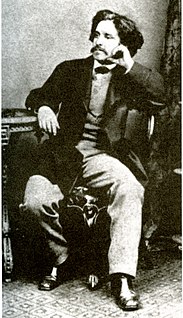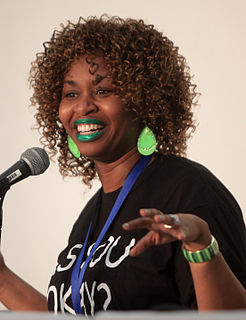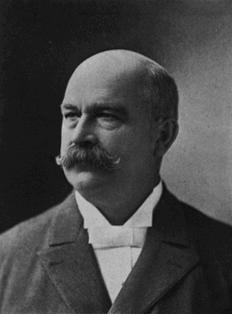A Quote by Paul Lafargue
Work, work, proletarians, to increase social wealth and your individual poverty; work, work, in order that becoming poorer, you may have more reason to work and become miserable. Such is the inexorable law of capitalist production.
Related Quotes
A life lived in chaos is an impossibility for the artist. No matter how unstructured may seem the painter's garret in Paris or the poet's pad in Greenwich Village, the artist must have some kind of order or he will proudce a very small body of work. To create a work of art, great or small, is work, hard work, and work requires discipline and order.
Have I then no work to work in this great matter of my pardon? None. What work canst thou work? What work of thine can buy forgiveness or make thee fit for the Divine favour? What work has God bidden thee work in order to obtain salvation? None. His Word is very plain and easy to be understood, "To him that worketh not, but believeth in Him that justifieth the ungodly, his faith is counted for righteousness" (Rom. 4:5). There is but one work by which a man can be saved. That work is not thine, but the work of the Son of God. That work is finished.
The achievements of an organization are the results of the combined effort of each individual.
People who work together will win, whether it be against complex football defenses, or the problems of modern society.
Individual commitment to a group effort - that is what makes a team work, a company work, a society work, a civilization work.
In a play, certainly, the subject is of more importance than in any other work of art. Infelicity, triviality, vagueness of subject, may be outweighed in a poem, a novel, or a picture, by charm of manner, by ingenuity of execution; but in a drama the subject is of the essence of the work-it is the work. If it is feeble, the work can have no force; if it is shapeless, the work must be amorphous.































